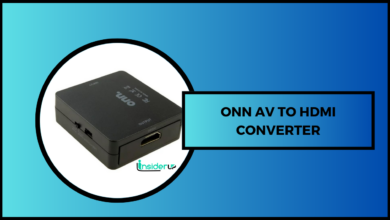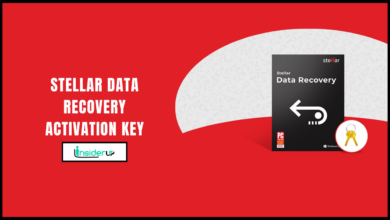1 week ago
From a Strategy to Execution: Inside the Operations of Sydney’s Digital Marketing Agencies
In the current era of digital marketing where innovation means opportunity – in Sydney, where digital marketing agencies shape the…
1 week ago
Why Should You Consider Hiring a New York City Construction Accident Lawyer?
New York City is one of the places in the country where construction workers face the most opportunities. Construction is…
2 weeks ago
Essential Tips for New Users of Gem Space Superapp
Gem Space is a superapp encompassing services for work, relaxation, and entertainment. Here’s how you can make the most out…
2 weeks ago
How Long Does It Take for Shrooms to Kick In
Since ancient times, the psychedelic effects of psilocybin mushrooms, or “shrooms,” have been a subject of fascination. Although you might…
3 weeks ago
The Definitive Guide to VMware Workstation 17 Pro License Keys
VMware Workstation Pro is a powerful virtualization software that allows users to run multiple operating systems simultaneously on a single…
March 15, 2024
Browsing Breweries: A Guide to Denver’s Unique Craft Beer Scene
Welcome, fellow beer enthusiasts and curious explorers! Denver, the “Mile-High City,” has earned a well-deserved reputation as a craft beer…
March 14, 2024
How to get a Pokemon Game Emulator on iPhone
Pokemon was first developed in 1916, and from that moment, it became one of the most beloved franchises for decades,…
March 6, 2024
iPhone Notification Sound Download for Android
Today, everyone wants to make their devices unique in our digital world. Many people love the special sounds that iPhones…
March 5, 2024
Exploring HeNe Laser Accessories
Highly coherent and characterized by a distinct red-orange glow, Helium-Neon (HeNe) lasers have extensive applications in various fields, from scientific…
February 29, 2024
How to Get a GBA Emulator on an iPhone
Most of us still want to enjoy the feel of classic games or old retro games like Super Mario, Pokemon,…































